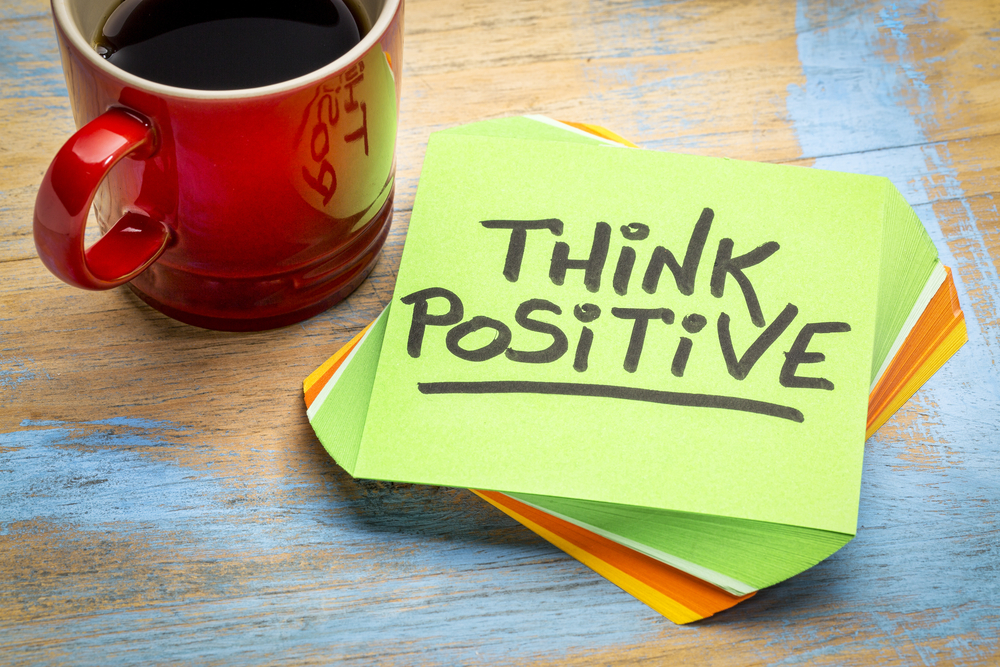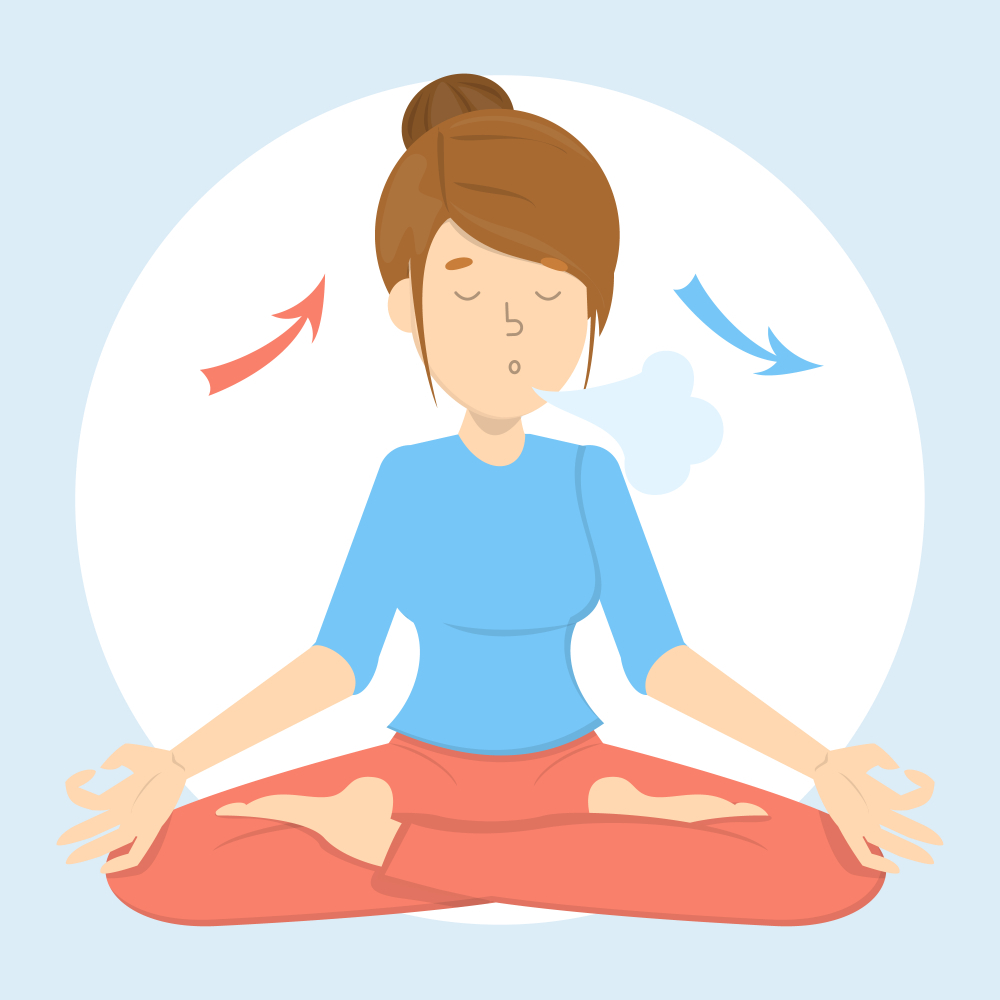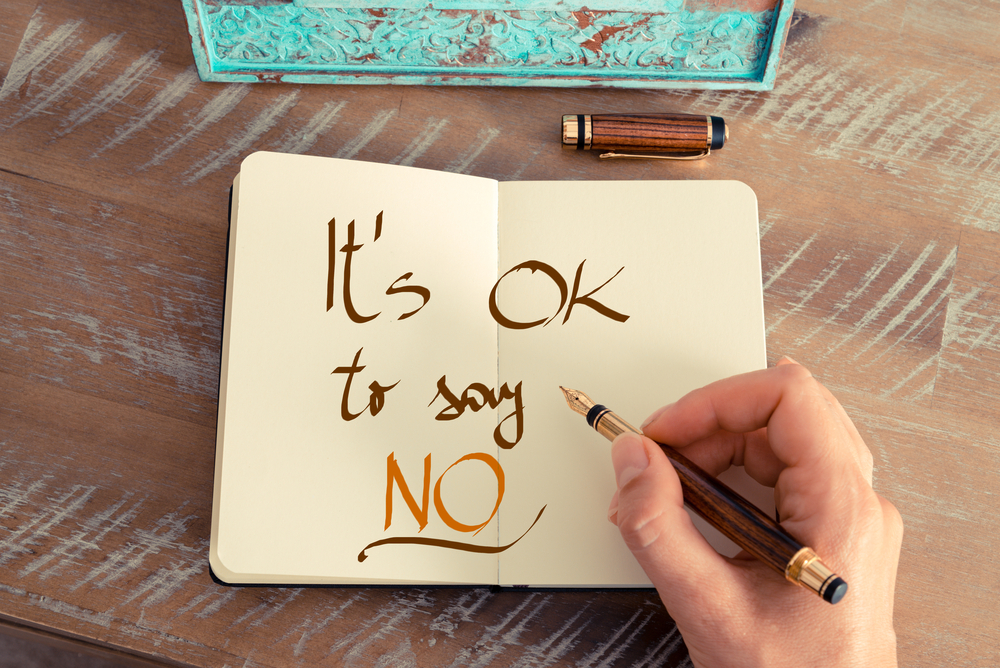PART 2
Mindfulness-based stress reduction : Getting Your Mind to Relax

Take the time to read

Reading is a wonderful way to relax and gain knowledge. It’s also a fantastic way to get your mind going in the morning and fall asleep at night. Getting lost in another world, whether it’s historical fiction or a steamy romance, will help you relax your mind. Even 6 minutes of reading can help you cut your stress levels in half. Before going to bed, you can read with soothing classical music playing in the background if that helps.
Keep a bright light source nearby to protect your eyes, but dim the lights around you as you read to relax and unwind.
Join a book club if you enjoy reading and want to make it more social. This is a fantastic way to encourage yourself to read while also making new friends. To reduce your stress level, you can once again kill two birds with one stone: do something you enjoy and engage in meaningful interactions with others.
Think positive

Become a more positive thinker and enjoy your daily interactions more. Optimists and pessimists face similar setbacks and challenges, according to psychologists, but the optimist copes better with them.
Every day, think of three small things for which you are grateful; this will help you remember all of the positive aspects of your life, even when you are stressed. Positive thinking can assist you in maintaining a sense of perspective.
Laugh even more

It has been proven that laughing reduces stress. Many doctors, including Patch Adams, believe that humor can help patients recover faster from illnesses and surgeries. Even the act of smiling has been shown to improve your mood and make you feel happier, says researchers. Endorphins, brain chemicals that improve mood, are released when you laugh.
You can reclaim your power by using humor. Humor allows us to see things from a different perspective. It has the potential to flip whatever is causing you stress on its head. This frequently mocks authority. It might open your eyes to a new way of looking at what’s bothering you. Laughter and humor are deep and powerful tools for changing one’s perspective on life.
Practice Deep breathing Regularly
One way to activate the relaxation response to stress is to concentrate on deepening your breath. Diaphragmatic breathing, abdominal breathing, belly breathing, and paced respiration are all terms for deep breathing.
Full oxygen exchange, or the exchange of incoming fresh oxygen for outgoing carbon dioxide, is aided by deep breathing. This aids in the slowing of the heartbeat and the stabilization or even reduction of blood pressure.
How to perform deep breathing?

Begin by sitting or lying down in a quiet and comfortable location. Take a few normal breaths to center yourself. Then take a deep breath in through your nose, allowing your chest and lower belly to expand as your lungs fill. Allow your abdomen to fully expand. Don’t hold back, as so many of us do.
Now slowly exhale through your mouth (or your nose, if that feels more natural). After a few practice rounds, you should be able to move on to the regular form of breath focus. Complement your deep breathing with helpful imagery and perhaps a focus word or phrase that helps you relax as you sit with your eyes closed.
Why isn’t shallow breathing having the same effect as deep breathing?
Shallow breathing, on the other hand, restricts the diaphragm’s movement. The lower lungs don’t get a full share of oxygenated air when we breathe shallowly, which can make you feel out of breath and anxious.
Make an effort to be mindful- Mindfulness-based stress reduction
Mindfulness exercises help people adjust how they think and feel about their experiences by focusing on the present moment. Mindfulness employs techniques such as meditation, breathing, and yoga to help people manage and reduce stress.
Meditate

If you can’t make it to a mindfulness or yoga class, try meditating. You can meditate wherever you want and for as long as you want. Simply meditating for 20 minutes a day can greatly reduce your stress levels. All you need to do is find a quiet place to sit, put your hands in a comfortable position, close your eyes, and concentrate on your breathing.
Concentrate on being present and relaxed in your body, and pay attention to every breath and minor ache you experience. Clear your mind of any negative or stressful thoughts; this is often the most difficult part. And, most importantly, remember to breathe. If your thoughts start to wander, count your inhales and exhales.
Best time to meditate:
Try meditating as soon as you wake up or before going to bed.
Be proactive- Mindfulness-based stress reduction
Allow yourself to relax (at least a little)

Recognize that you don’t have complete control over everything. There will always be stressful situations in your life, but you can reduce stress by removing what you can and learning to cope with the rest.
Consult your doctor or psychologist and go over all of the things you’re worried about but can’t change, such as traffic, who your boss and coworkers are, economic ups and downs, and so on.
It’s difficult to accept that you have no control over anything, but you might find it liberating in the end. For example, you will realize that the only thoughts and behaviors you can control are your own during this process. You have no control over what your boss thinks of you or what your in-laws say; however, you DO have control over how you respond to them. As a result, you’ll have a better understanding of who you are and what you’re capable of.
Deal with tense situations head-on

Rather than avoiding or postponing dealing with your stressors, why not confront them head-on? Though you may not be able to eliminate all of the things that are stressing you out on your own, you may be able to alleviate them to some extent and, more importantly, prevent them from getting worse and having increasingly negative effects on your mental and physical health.
Deal with any stressful situations at work

Talk to your boss in a calm and reasonable manner if you feel overworked or undervalued. Find a way to do half an hour less work per day if you feel over-committed at work, perhaps by eliminating distractions or unnecessary breaks in your work flow. Look for solutions that will allow you to reduce that stressor without adding to your overall stress level. Learn how to communicate your needs assertively so that they are taken seriously.
Any relationships that are causing you stress should be addressed

It’s better to start a conversation than to wait and see what happens if you’re worried about the state of your relationship with a partner, family member, or friend. The sooner you talk about the stress your relationship is causing you, the sooner you can start working on a solution.
Take care of the “little things” that require to be done
The smallest things can sometimes add to our daily stress as they accumulate and go unfinished. Deal with these issues directly if you feel like you’re starting to “sweat the small stuff.” Make a to-do list of the minor tasks that have been bothering you, such as changing your oil or scheduling a dentist appointment, and see how many you can complete in a month. Making a checklist can be very motivating because you’ll be able to see the list shrink as you cross things off.
Organize yourself

Stress levels can be reduced by getting organized, planning ahead, and being prepared. Keep a day planner that lists all of your appointments, meetings, and anything else you have planned, such as a yoga class or a class trip, as one of the first key steps. This will allow you to see how your days are distributed throughout the week and month. You’ll have a better idea of what you need to do and how to prepare for these events if you do it this way.
Make a list of your short-term goals. If you’re worried about an upcoming trip, try to iron out the details as soon as possible so there are no surprises. Knowing what’s coming gives you a sense of control and allows you to better manage any unexpected events.
Organize your surroundings

Your life will feel more organised and manageable if you reorganise your space. Although it will take some effort, the benefits will far outweigh the time spent getting everything right. Remove items you don’t use or need (such as old clothes, electronics, or small appliances) and reorganise your space to make it more functional.
Make an effort to keep your living space tidy and organized. Spend 10-15 minutes each night throwing out anything you don’t need, cleaning, and reorganizing your belongings. A clean and clear environment can aid in the formation of a clear mind.
Take charge of your commitments

While there are many commitments over which you have no control, there are many over which you do. People frequently say “yes” to things that do not bring them joy, cause them undue anxiety, or take time away from more important commitments.
Many people are stressed because they believe they are over-committed and don’t have enough time to pursue their passions or spend time with their loved ones.
Make a schedule for yourself. This is something that parents, in particular, should do—make time for themselves rather than their children, community, church group, or whatever else. This is important time to set aside, whether it’s for a hike, a hot bubble bath, or catching up with a friend.
Determine the difference between “shoulds” and “musts.” For example, you must file your taxes on time. However, feeling obligated to make homemade treats for your child’s preschool class may make you feel guilty if you simply do not have the time to prepare Pinterest-worthy fare—if the kids are content with carrot sticks and ranch dip, why not go for something simpler? Consider what you absolutely must do and place it ahead of things you “should” or would do in an ideal situation.
Learn how to say “no” in a polite way

If your friend is always throwing overcrowded parties that make you nervous, skip the next one. It’s fine – and even necessary – to say “no” on occasion. Know and respect your boundaries. One surefire way to increase your stress is to take on more than you can handle.
Make a “Do-Not-Do” list. The day can become a never-ending hum of activity if there is too much focus on tasks. Make a list of what you want to eliminate from your schedule.
Consider the following example:
If you can avoid making dinner that night because you have to work late on Thursday, do so.
This weekend, you must assist your parents in cleaning out the garage. Skateboarding with your friends is probably out because you’ll be tired and sweaty. Maybe you can go the following week.
You’ll be taking a big test soon. That could mean going to the gym for a half-hour rather than two hours.
Make time for relaxation

Find time to unwind for at least an hour each day, preferably first thing in the morning and before going to bed. Make a note of it in your planner so you don’t forget about it. Everyone needs to recharge their batteries from time to time.
Every day, do something you enjoy, whether it’s a short piano recital, stargazing, or solving a puzzle. Such activities will serve to remind you of some of the aspects of your life that you enjoy.
Also read :How to Reduce Stress: Natural Remedies For Stress Anxiety – V Cure (vcurehealthcare.com)





